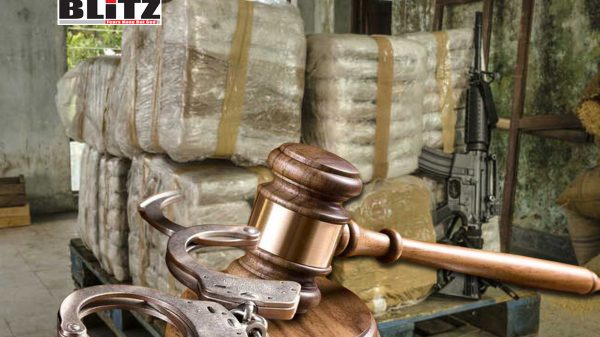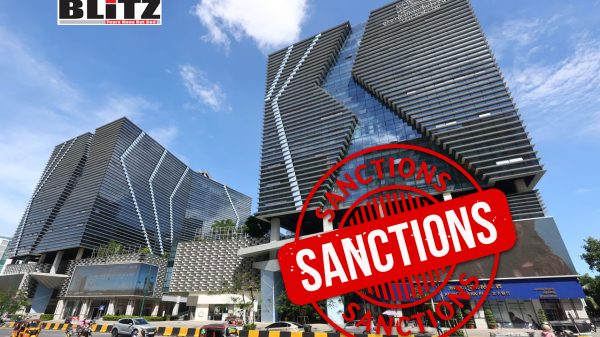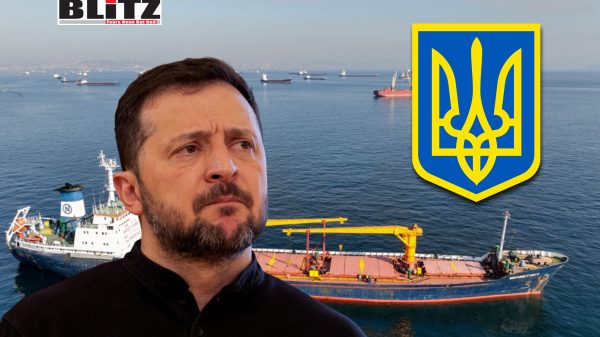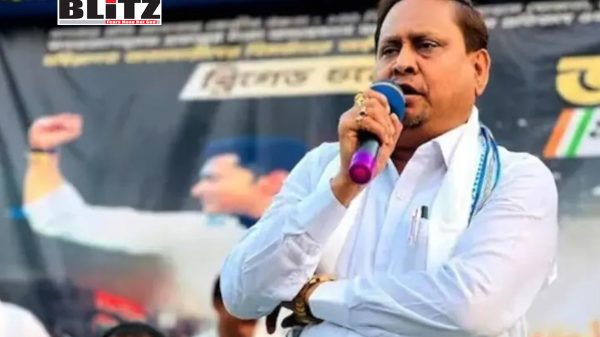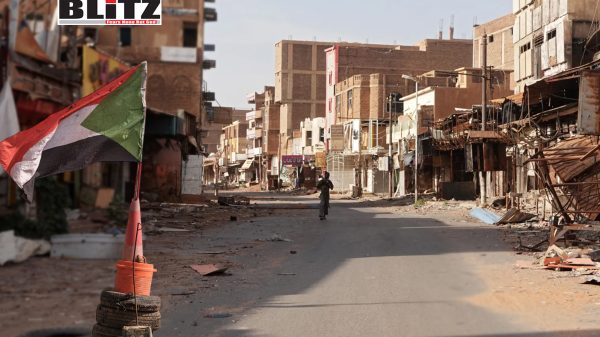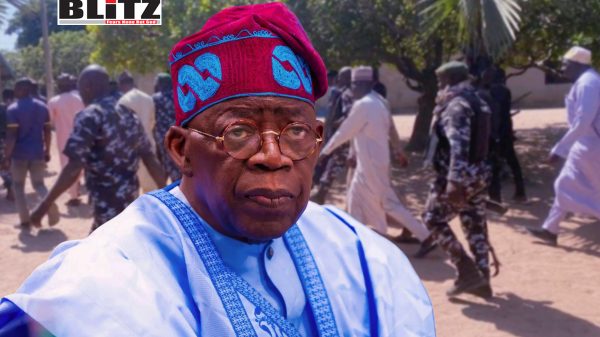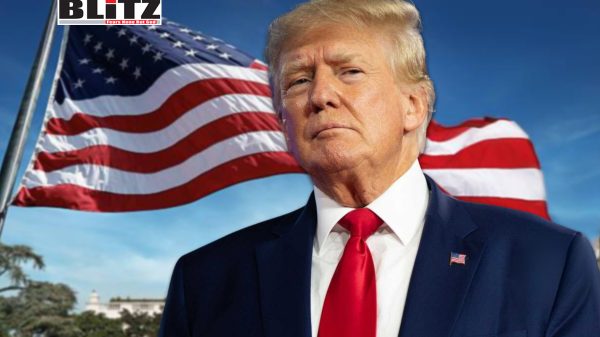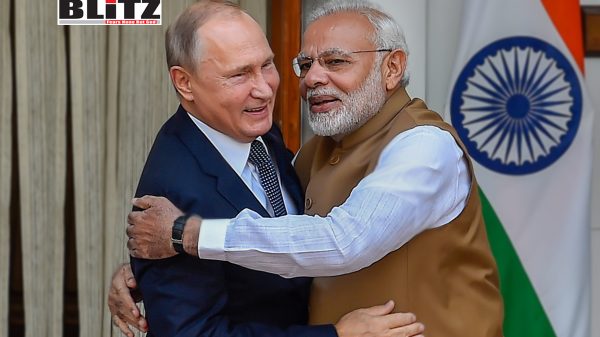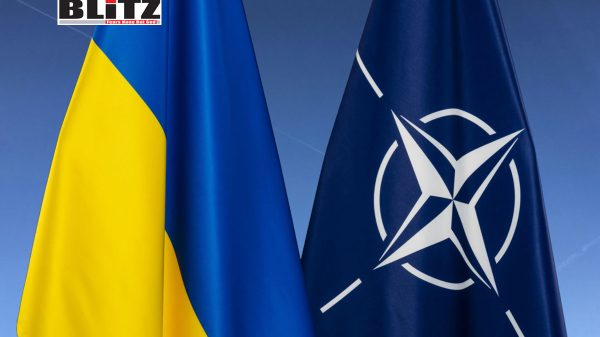Maduro mobilizes Venezuela’s military as Washington signals possible escalation
- Update Time : Saturday, November 29, 2025
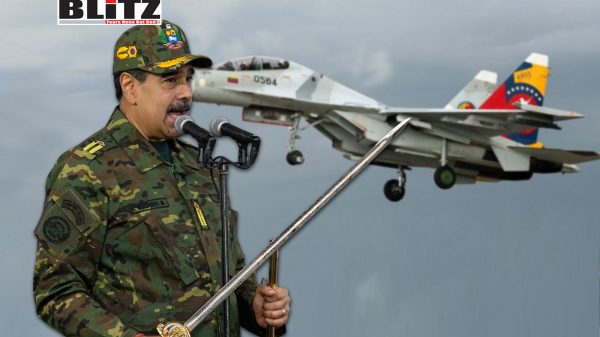
Venezuelan President Nicolás Maduro has intensified warnings of potential US aggression, urging his country’s armed forces-particularly the Bolivarian Military Aviation-to remain on constant alert as political and military tensions with Washington reach their highest levels in years. His strong remarks follow new threats from US President Donald Trump, who has claimed that American land-based operations aimed at targeting alleged Venezuelan drug routes could begin without warning.
The latest exchange deepens a confrontation that has been defined by sanctions, diplomatic expulsions, and competing claims of illegitimacy on both sides. It also reinforces widespread fears among Venezuelans that the United States may be moving toward direct military action after months of naval deployments and increasingly aggressive rhetoric.
Speaking during the celebration of the 105th anniversary of Venezuela’s Bolivarian Military Aviation, Maduro urged service members to prepare for the possibility of foreign intervention. He warned that the country must be ready to defend its sovereignty “in every dimension”-from its territorial waters and airspace to its political institutions and historical identity.
“I ask you to always remain serene, alert, ready and willing to defend our rights as a nation, as a free and sovereign homeland,” he told troops gathered for the commemorative ceremony. He insisted that Venezuela would “prevail” even if it were forced to declare itself a “republic in arms,” a phrase historically used during moments of national resistance against foreign powers.
Maduro cited internal government surveys showing that more than 80 percent of Venezuelans were prepared to defend the country “with weapons in hand” if the United States were to attempt a military incursion. According to him, the ongoing threats have awakened a “patriotic consciousness” across Venezuelan society, fostering unity between the armed forces, civilians, and security institutions.
During his address, Maduro accused the United States of engaging in a sustained campaign of threats designed to disrupt peace across the Caribbean and South America. He claimed that for 17 consecutive weeks, foreign “imperialist forces” had been attempting to intimidate Venezuela with accusations that he described as “false, absurd, and lacking any credibility-even among the American public.”
The Venezuelan leader said the country is facing not just military intimidation, but also psychological warfare and covert threats aimed at destabilizing national institutions. He emphasized that these pressures had strengthened Venezuelan unity rather than weakened it.
As part of Venezuela’s preparations, Maduro announced the start of the nationwide “Independence 200” military drills. The large-scale exercises are being conducted across complex defense zones and are meant to demonstrate the capacity of the armed forces, police, and civilian defense groups to coordinate in response to foreign threats. He described the drills as essential for protecting the country’s constitutional order, and framed them as a defensive measure fully compliant with international law and the UN Charter.
The tensions come amid significant increases in the US military presence near Venezuela. Washington has deployed a strike group led by the aircraft carrier USS Gerald R. Ford to the Caribbean Sea, accompanied by support vessels, a nuclear submarine, and more than 16,000 US personnel. The deployment is officially presented as a counternarcotics mission aimed at disrupting drug-smuggling routes.
Since September, US forces have sunk at least 20 high-speed boats allegedly carrying contraband, resulting in the deaths of more than 80 people, according to reports cited by Venezuelan officials. Washington claims these vessels are tied to criminal networks operating under the protection of the Maduro government.
Caracas vehemently denies the allegations, calling the counternarcotics narrative a pretext for military escalation. Venezuelan officials argue that international drug-monitoring agencies consistently identify Colombia-not Venezuela-as the principal launch point for cocaine shipments headed toward the United States and Europe. They accuse Washington of conflating political objectives with unsubstantiated criminal allegations.
Fueling fears further are reports in US media that Trump has authorized the CIA to conduct covert operations against Venezuelan targets. While the White House has not confirmed these claims, similar suggestions have circulated for months, particularly as political tensions in Venezuela have deepened and diplomatic channels have narrowed.
Previous administrations in Washington have frequently accused Maduro and senior officials in the ruling United Socialist Party of Venezuela (PSUV) of collaborating with drug cartels. The US Justice Department has indicted several Venezuelan military and political leaders on narcotics-related charges, which Maduro insists are politically motivated attempts to delegitimize his government.
Trump’s recent threat of land-based operations has stirred debate among analysts. During remarks at Dyess Air Force Base in Texas, he praised the 7th Bomb Wing for its role in regional operations and claimed-without presenting detailed evidence-that US efforts had already reduced maritime trafficking by 85 percent.
He argued that Venezuelan-linked traffickers were “killing hundreds of thousands” of Americans by fueling the drug trade, and suggested that land operations targeting supposed trafficking networks could begin soon. However, he did not specify what such operations would entail, where they would occur, or whether they would involve direct incursions into Venezuelan territory.
Some security analysts interpret his comments as political posturing aimed at reinforcing a tough-on-crime narrative. Others caution that even vague or exaggerated statements can heighten risks if Venezuelan forces interpret them as signs of imminent attack. With US naval assets positioned close to Venezuelan waters, the possibility of miscalculation looms large.
The standoff has also rippled into civil aviation. Venezuela’s government recently revoked the operating rights of six major international airlines-including Iberia, TAP Air Portugal, Avianca, Latam, Turkish Airlines, and Gol-after they suspended flights to the country in response to a US Federal Aviation Administration (FAA) advisory. The FAA warned of a “potentially hazardous” security environment in Venezuelan airspace.
While the FAA has no jurisdiction over Venezuelan skies, global carriers typically follow its guidance for safety reasons. Caracas denounced the advisory as politically motivated, accusing the airlines of supporting what it called “state terrorism promoted by the United States.”
The suspension of services leaves Venezuela even more isolated, complicating humanitarian logistics, international trade, and the mobility of the nearly eight million Venezuelans living abroad.
Latin American governments are monitoring developments with growing unease. Countries such as Brazil and Colombia, which share extensive borders with Venezuela, have heightened surveillance amid concerns over potential refugee flows or the spillover of military confrontation.
Meanwhile, Venezuela’s strategic allies-Russia, China, and Iran-have warned the United States against escalation. Moscow continues to support Venezuela through military cooperation, while Beijing remains a critical economic lifeline. Any conflict in the Caribbean, analysts warn, could quickly draw in global powers, transforming a bilateral confrontation into a broader geopolitical crisis.
For now, Maduro continues to project defiance, portraying Venezuela as a nation preparing for an extended confrontation. Whether Trump’s threats materialize remains uncertain, but the sharp increase in military activity, covert allegations, and hostile rhetoric has undeniably pushed the two countries to their most dangerous point in years.
As both governments harden their positions, the region faces growing uncertainty-and the possibility that a long-simmering rivalry may be approaching a volatile new stage.


